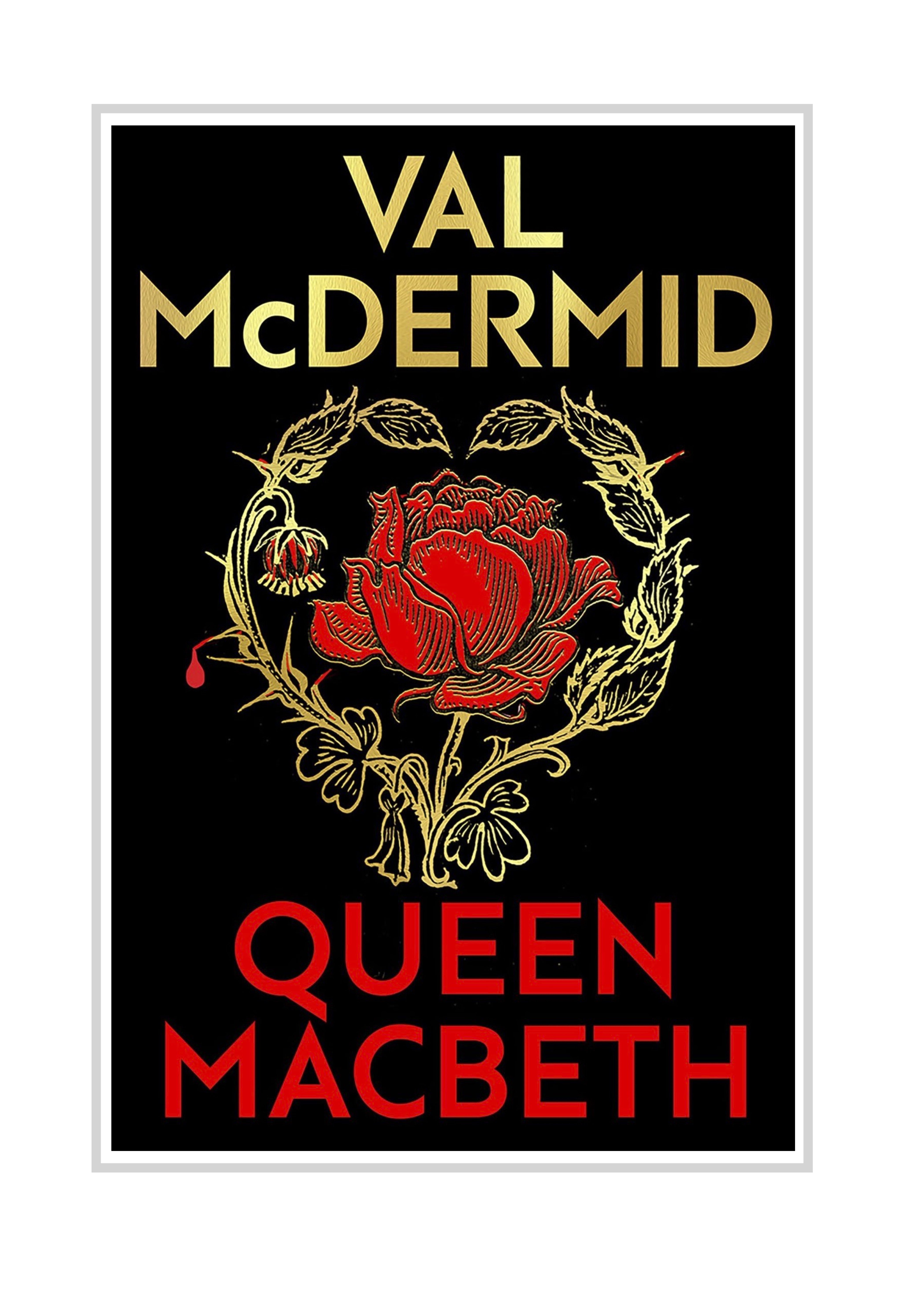
EILEEN CHONG is a poet based in Sydney, Australia. She was born in Singapore of Chinese descent. Her poetry collections are Burning Rice (2012), Peony (2014), Painting Red Orchids (2016), and Rainforest (2018), all from Pitt Street Poetry, Sydney.
Chong writes about food, family, migration, love and loss. The Singaporean-Australian poet Boey Kim Cheng has said that ‘Chong’s work offers a poetry of feeling, rendered in luminous detail and language, alive to the sorrows and joys of daily living.’
More details are available on her Website. A recent essay on the poet’s visit to Scotland is available on the Sydney Review of Books here.
The Dome
the eyes like birds took off to free skies,
and so they stayed yearning for space.
‘The Bird with the Engine Heart’, Elisaveta Bagryana,
translated from the Bulgarian by Brenda Walker
Silver service under the dome—this was a bank,
our auntie had told us, I used to work here. None
of us belong here: not me, not you, not the waiters
in their starched suits and polished shoes.
The tea is hot, and the juice sweet, and cold.
By the time our meals arrive, we are all hungry.
In between mouthfuls, we talk about everything
and nothing. We are still strangers, and our lives,
unexplored rooms in the dark. A spark, and I try
to kindle a flame. I ask the young man for a name
of a poet from his homeland. He fumbles; he forgets
his English; he remembers only the language of his birth.
We have all come here carrying branches in our hands.
They are sticks, or parts of a nest. Our hearts catch fire.
I watch your eyes, so like your father’s—as blue as open skies.
Furrow
All the rivers run into the sea; yet the sea is not full;
unto the place from whence the rivers come, thither they return again.
Ecclesiastes 1:7, King James Bible
Scotland, like a dream, you wrote, did it really happen?
Yet today I listened to a writer speak about his book
set on the Isle of Lewis. The producer had recorded
the howling of the wind and the cries of the birds.
The interviewer said the skin of the Earth is thin
in this place; the water, nearly phosphorescent in the moonlight.
I think of you, Eric, in the hunting lodge at Uig—
the sun sets over the sands, and shadows deepen into velvet.
Are you speaking in Gaelic? The church pews are empty;
there are no psalms uttered in that hall. It was low tide
when I climbed the bridge over the stream, and walked
up the face of the hill. The grass, a restless sea in the night.
I’m a loser, that’s why, you said, when I asked you why
you’d returned. That final morning, I sang to you, my voice
rising up the stair. Even the hung skulls listened. No one
has lost anything. We all leave so we can come home.
The Road
To take the wrong road
is to arrive at snow
and arriving at snow
is to graze for centuries on graveyard weeds.
‘Little Infinite Poem’, Federico Garcia Lorca
The morning light in long lines
through the windowpane. A girl
in a pink jacket coming down the road.
Her pale hair, a river; her eyes,
two chips of sky. Warm hands
and stolen time. Home is no
sanctuary; the bed delivers no dreams.
Take this road to the very end—
the low clouds point the way. Love
buoyant as a ferry crossing its way
to the mainland. The sea changes names
and shadows blanket half the earth.
A father walks his daughter to school.
He kisses her goodbye. The rain turns into snow.
All works published by the Glasgow Review of Books are licensed under a Creative Commons Attribution-NonCommerical-NoDerivs 3.0 Unported License and the journal reserves the right to be named as place of first publication in any citation. Copyright remains with the poet. http://www.glasgowreviewofbooks.com




Leave a Reply